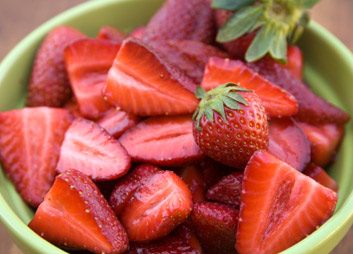
The cancer and nutrition link
Your risk of getting cancer isn’t all about genes and luck. In fact, at least half of all cancers can be prevented through lifestyle choices, according to the Canadian Cancer Society, and 30 to 35 percent by eating well, exercising and staying at a healthy weight.
So how can you lower your odds? Start by focusing on good nutrition, says Aileen Burford Mason, PhD, a former cancer researcher at the University of Toronto who now specializes in orthomolecular health and nutrition. “Not only is the wrong diet associated with getting cancers,” she says, “it’s also associated with recurrence.” Read on to learn how good nutrition can help you prevent cancer in yourself and your family.
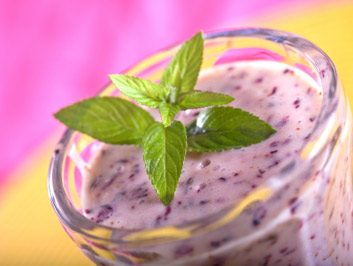
1. Boost your fruit and veggie intake
It seems so obvious we shouldn’t have to say it, but study after study comes out extolling the virtues of fruit and vegetable consumption-and we’ve yet to see a research paper telling us to cut back on broccoli. But forget five servings a day-if you’re older than the age of six, it’s not enough. “Ten to 14 is more of an optimal number,” says Burford Mason. “And there’s no upper limit.” (Try some of our salad and smoothie recipes to boost your intake easily.)
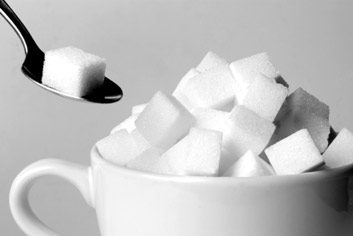
2. Cut out white foods
Quickly digested carbs such as sugar and refined grains spike your blood sugar, which has negative implications for your health. And they’re low in nutritional value, as well; white flour, for instance, has had most of the wheat’s original nutrients removed and only a few put back in. Burford Mason recommends eating as few refined foods as possible. At the very least, cut back on portions in favour of more fruits and vegetables.
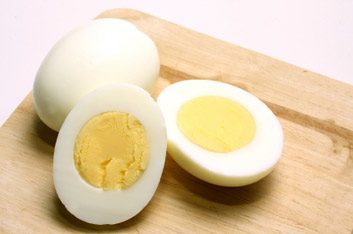
3. Eat more whole eggs
“Eggs are an excellent food,” says Burford Mason. “For 75 calories, you get the original convenience food.” Not only are whole eggs a source of many nutrients, but chickens fed flaxseeds produce omega-3-rich eggs as well. Plus, chickens that spend their time outdoors will produce eggs that are high in vitamin D, which is a good reason to pick free range.

4. Limit red and processed meat
Burford Mason says that red meat should make up only a very limited part of your diet, and the Canadian Cancer Society agrees, suggesting that adults consume no more than three 85-gram servings per week. Processed and preserved meats should be eaten even less often, perhaps limited to special occasions.

5. Get lots of D
Almost all cancers have now been linked to a lack of vitamin D, says Burford Mason, and since Canadians can’t get it from the sun in the winter (and spend a lot of time indoors in general), she suggests taking a 1,000 IU supplement daily at a minimum. But since different people have different requirements-“there can be a ten- to twentyfold difference between one individual and another,” she says-it’s best to get your doctor to check the levels of vitamin D in your blood and design a supplementation program that works for you.
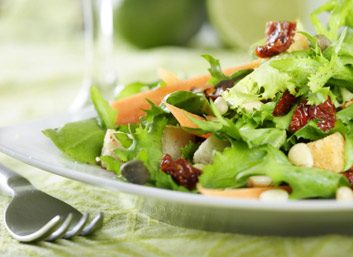
6. When in doubt, go natural
As often as you can, choose whole, unprocessed foods so you’re getting as much nutritional value as possible from everything you eat. For instance, says Burford Mason, “a chicken breast or an egg is very close to being a chicken. A muffin or a bagel is a long way from an ear of wheat.” To paraphrase Michael Pollan, choose foods that your great-grandmother would recognize and you’ll go a long way to preventing diseases such as cancer through good nutrition. After all, says Burford Mason, “there’s no universally bad food that’s close to nature.”
